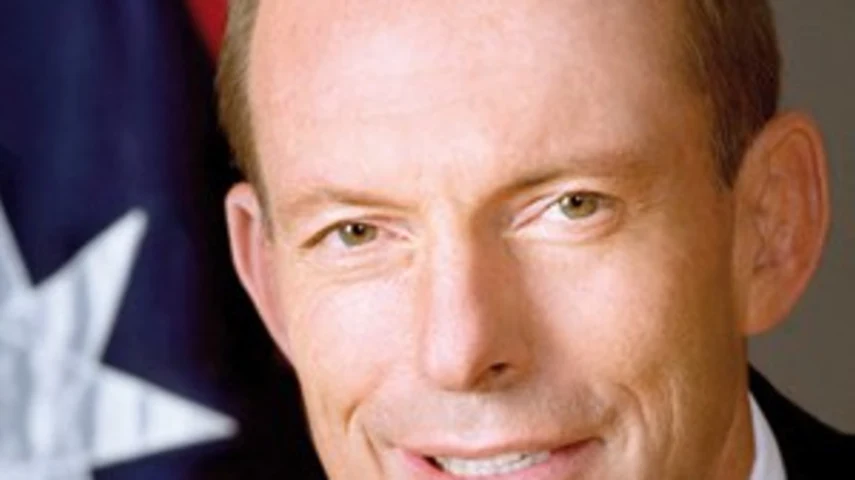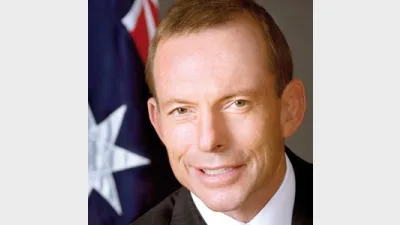Detecting the self-interest in criticisms of FOFA changes



Anybody reading a full-page advertisement in Australia’s last remaining national broadsheet newspaper recently might have imagined that the Abbott Government was quite recklessly setting about dismantling all the consumer protections contained in the Future of Financial Advice (FOFA) legislation.
In particular, those readers unacquainted with the broader issues may have been led to believe that the Government was aiming to so radically alter the client best interests duty that it would be left practically irrelevant.
Given the politically-charged nature of the debate around the Government’s FOFA changes and the fact that the advertisements did not deal with product performance, it seems unlikely the Australian Securities and Investments Commission will be examining last week’s advertising claims.
Therefore it is to be hoped that one of the sponsors of the advertising, sometime journalist, businessman and investment adviser, Alan Kohler, received an employee discount on its placement in the Rupert Murdoch-controlled, The Australian, newspaper.
Kohler, of course, has been a long-time critic of the financial planning industry and a person who, notwithstanding the sector’s long-standing embrace of fee-for-service remuneration models, has continued to reference its past practices with respect to commissions.
It needs to be also noted that having made something of a killing selling his Eureka report business to Murdoch’s News Limited, Kohler and his team then applied for an Australian Financial Services Licence to enable the provision of investment advice to Eureka Report subscribers.
In short, the appearance of the advertisements supported by Kohler needs to be seen in the context of not only his previous commentary with respect to the financial planning industry but also his ongoing business interests.
Putting aside the broader arguments about the Abbott Government’s regulatory and legislative changes to FOFA, what needs to be clearly understood about the changes proposed to the best interests provisions is that they are at the margin, and on only on the most negative interpretation could they be deemed to be undermining consumer/client protections.
What is being referenced by Kohler and Industry Super Australia is the removal of sub-section (g) (section 961(B)(2) (g) of the FOFA legislation.
Looked at objectively, that section covers just one of seven steps with respect to client best interests and its removal relates to providing greater clarity around the provision of scaled advice.
This is something that has been made clear by the Assistant Treasurer, Senator Arthur Sinodinos, former High Court judge, Sir Anthony Mason and industry organisations such as the Financial Planning Association, the Association of Financial Advisers and the SMSF Professionals’ Association of Australia.
Sadly, in the political and industry spin-cycle they have found themselves outpointed by those running an agenda of FOFA status quo.
Amid the claim, counter-claim and full-page advertisements, the various arguments are best weighed taking account of the vested interests of those involved.
Recommended for you
In this episode of Relative Return Insider, host Keith Ford and AMP chief economist Shane Oliver unpack the RBA’s decision to keep the cash rate on hold in the face of rising inflation and whether the governor’s hawkish tone is a sign of things to come.
In this episode of Relative Return Insider, host Keith Ford and AMP chief economist Shane Oliver discuss the September quarter GDP figures, which show Australia’s economy regaining momentum.
In this new episode of The Manager Mix, host Laura Dew speaks to Haley Devine, head of wealth management at MaxCap Group, to delve into private credit and commercial real estate.
In this new episode of The Manager Mix, host Laura Dew speaks to Benjamin Leung, head of systematic investments at Macquarie Asset Management, to understand the use of systematic investments.







